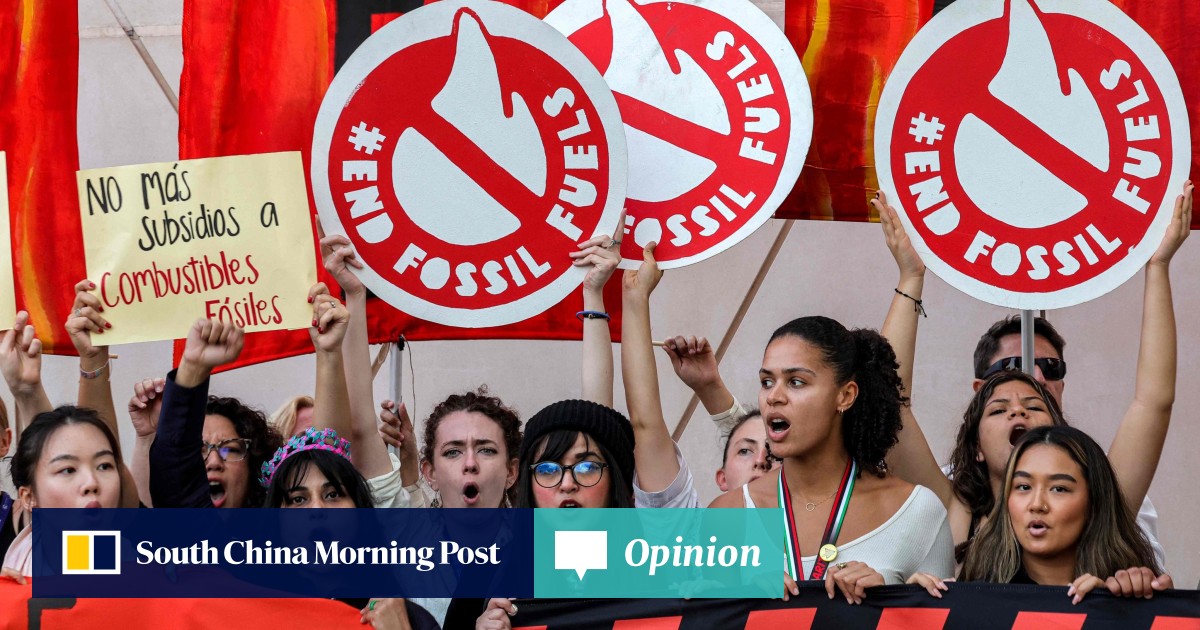It’s a reflection of our times. With attention spans shrinking and complexity increasing, people tend to focus on immediate, tangible problems. And it’s not confined to the younger demographic; this inclination transcends age groups, reflecting a broader societal shift in priorities.
Instead, factors such as personal benefits and costs, including economic opportunities, daily expenses, health and education, emerge as significant predictors of attitudes towards climate action.
This data, coupled with protests in various countries against issues like inflation, soaring living costs and stagnant wages, highlights why the climate community is finally, though somewhat awkwardly, delving into equity concerns. But there’s a lot more work ahead.
To rally political backing for climate action, we need to showcase the tangible benefits of such initiatives on people’s lives. We must illustrate how transitioning to cleaner cities will improve well-being, especially for low-income and marginalised communities, along with those concerned about living expenses. It’s crucial that they see and trust that life will become more manageable, with reduced heating costs and enhanced employment prospects.
Therefore, instead of leading with climate data and science, while presenting health, safety and economic “co-benefits” as mere extras, climate advocates should flip the script. Climate should be seen as the co-benefit, and we should put at the forefront what people care about the most: economic issues.
Across much of the Global South, however, the luxury of resisting climate policies simply doesn’t exist. Debt-stricken governments lack the economic flexibility to allocate resources to even develop climate policies in the first place.
The limited capital and resources they possess are channelled towards fulfilling the basic population needs. Consequently, the younger generation, and vulnerable populations at large, remain uninformed about the concept of climate action and the positive impact it could have on their lives.
So, how do we shift our efforts in combating climate change to align with people’s real concerns?
It starts with empathy. Just as in any endeavour, understanding what people truly want is key. We must set aside our assumptions and invest time in gathering data, conducting interviews, monitoring social media and listening to personal narratives. Bridging the gap between diverse perspectives isn’t easy but it’s imperative.
Climate, inequality dim hopes of brighter future across Asia-Pacific: UN report
Climate, inequality dim hopes of brighter future across Asia-Pacific: UN report
Our focus must centre on forging pathways to job creation, accessible housing, healthcare access and energy sovereignty – pillars that hold far greater sway than mere climate statistics. And in the Global South, climate action must be presented as a beacon of hope, empowering vulnerable populations to envision a future of resilience and stability, transcending mere survival.
It’s time to humanise the movement: the climate crisis is just as much about the people as it is about the planet.
Rizwan Basir, a sociologist, works as a senior technical specialist at the Climate Resourcing and Coordination Center based in Islamabad, Pakistan



